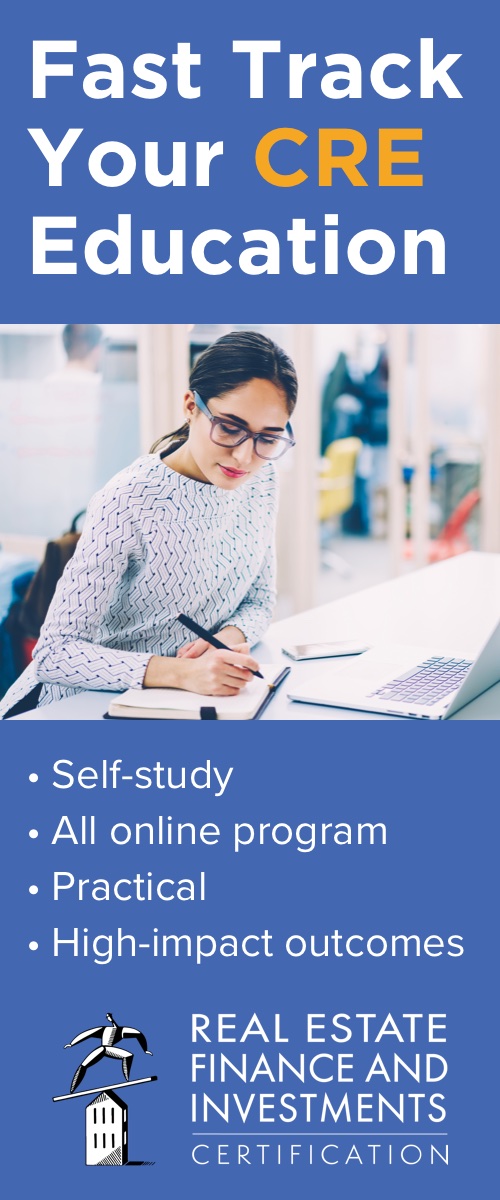Overview
Listen to this narration if you prefer
The closing chapter discusses professional conduct and ethics, stressing the importance of maintaining a good reputation in the real estate industry. Real estate is often about relationships and real estate professionals tend to do business with people they know, and more importantly, trust and respect.
Summary
It is vital to build and maintain a good reputation as a real estate professional to have a successful long-term career. However, as a young professional, your challenge is how to build a reputation as someone with whom people want to do business. Building a reputation is slow and difficult, but it can be lost unbelievably fast.
Ethics in real estate is not just about doing what is legal, it is about doing what is right, and while practicing real estate involves taking risks and encountering conflicts, there is often a fine line between doing what is right and what is wrong. A common example for a conflict is differentiating between paying accommodation fees and paying a bribe. When doing business abroad, you are prohibited by U.S. law from bribery or other corrupt acts. Even though certain behavior may be acceptable or even common practice in another country, always keep in mind the high price you will have to pay if your reputation gets damaged by short-term gains. Having a couple of people in your life that you respect and with whom you regularly consult will come in handy when encountering such conflicts.
Finally, keep in mind, that a successful network is created by doing the right things for people, even if there is nothing in it for you. It is about under-promising and over-delivering. These are the foundations of a respectable and trustworthy reputation.
Audio Interview
Being tough but ethical (7:08)
BRUCE KIRSCH: The best definition that I’ve heard for somebody’s character or whether they have integrity, is that these are the ways in which you act when you think that nobody’s watching you. For students and young professionals, the importance of acting ethically and living ethically and conducting business ethically can be hard to grasp, since there are often focused on the short term, and they want to rise up quickly.
Two years of life for a 20-year-old person is 10% of their life. So they want everything to happen quickly, because they see two years as an eternity. How do we get the future generations of the real estate business to buy in and believe in the superior value of acting ethically, versus simply not acting ethically and making sure that you don’t get caught?
PETER LINNEMAN: Well first, ethically is not the same as legally. Legal is a minimum standard. Ethically is kind of I always think of golden rule. Would I want to be treated that way? So I may have a contract that says, this is what I must do legally to comply with my partnership or my employment agreement or my loan or my investors. That’s a legal minimum.
Ethical, in my view, is how would I want to be treated if I’m on the other side of this– if I were the employee, if I were the partner, if I were the investor. How would I want to be treated? For most of us, that’s a pretty good benchmark of would you like to be treated the way you’re about to treat somebody, assuming it’s legal? And it’s interesting, I just had a long conversation yesterday afternoon with a grown-up former student about some challenges he’s having with his partners in this regard, and how to deal with them. And it’s all about ethical behavior. It’s all about right.
I think the biggest misconception over my career that I’ve seen with young people is that sharp behavior, being short term, being unethical, Is profitable. And there is an element that you can be profitable in the short term. But I’ve known lots of highly, highly successful business people. None of them are going to receive sainthood upon death.
And all of us have done things that we’re not proud of that we look back and say, I didn’t live up to the golden rule. I wish I had. But now that I look back, either I didn’t realize what I did, didn’t live up to the golden rule. Or I knew it didn’t at the time, and I deceived myself and did it anyway. We’ve all done that we’re not proud of it. But the interesting thing is that most of the very successful people I know– not just in real estate, but especially in real estate– tough, tough-minded, hard negotiators, analytic, high ethics.
That is to say, by and large, they treat people the way they want to be treated. They’re open. They don’t hide things. They’re not deceitful. They are understanding of the other party’s position and try to accommodate.
Ethical behavior generally, in my experience, is profitable behavior, especially over a career. And I think your point about a year is 5% of a 20 year old’s life, you have to realize you’re going to live to be 90. And year is nothing. It’s like 1/70 of the rest of your life. And it’s like if you go out to run a marathon, you can come out and sprint it at 100-yard dash speed, but you’re going to dampen and reduce your effectiveness in the marathon, because you can’t maintain that. You’re going to use up too much energy. You might pull a muscle.
A Business Career is a marathon. And you need to live it in that way. You have to– at least in my experience, there have been a few exceptions that I know that have dealt in ways that they would not want to be treated. But the mass of the successful names– and I think I’ve known as many of them as anybody– live up to that standard. And yet, there’s somehow an image that they don’t.
And I can give you example after example after example. Joe Robert was a terrific friend, a terrific man– passed away a year or so ago, had built a very successful company, J.E. Robert company, had gone out raised a private equity fund in which Joe was the key man by the document. However, the person who was going to day-to-day run the fund for him, left him. Joe went– and this is before they had made any investments, but after they had made agreements. Joe was a tough negotiator, a smart guy, tough guy, boxer-type of guy. He was a real boxer.
And yet, Joe went to every investor and said, even though you’ve signed a document that says you don’t have any right not to invest with me because I’m still here and I’m the only key man, you invested your money under the belief that the person was going to be there. And they’re not. And I want to give you your chance to take your money back.
And by the way, that’s how you’d want to be treated. And he was rewarded. He was rewarded for that in the long term, even though it was nail-biting in the short term. Because if people had pulled out, that was a lot of money that he would have been earning fees and promotes on. And that’s just one example. I mean, there are thousands of examples of tough, hard-nosed business people. But they behave ethically.
You can be tough and hard-nosed and totally clean. You can be a boxer who hits hard, very aggressive puncher, but you don’t hit below the belt. And there’s a difference. And you certainly don’t hit below the belt intentionally. You can be a very aggressive football player and tackle very hard and make very hard hits, but you’re doing it all, not only within the rules, but you’re not out there trying to intentionally injure someone with cheap shots. Because you wouldn’t want somebody doing that to you, imperiling your life and career.
John Lynch was such a player, for example, one of the hardest hitters in football but not a cheap shot guy. And that’s that difference of you can be ethical and hard and competitive at the same time.
Key Term
Accommodation Fee – Under U.S. law, you can pay accommodation fees but are not allowed to pay bribes. The line between the two is fuzzy.
Chapter Headings
- Ethics in Real Estate?
- Right and Wrong
- Bribes
- But Everybody is Doing It!
- Perverse Incentives
- Favoritism
- Do Not Expect Thanks
- Conflict of Interest




